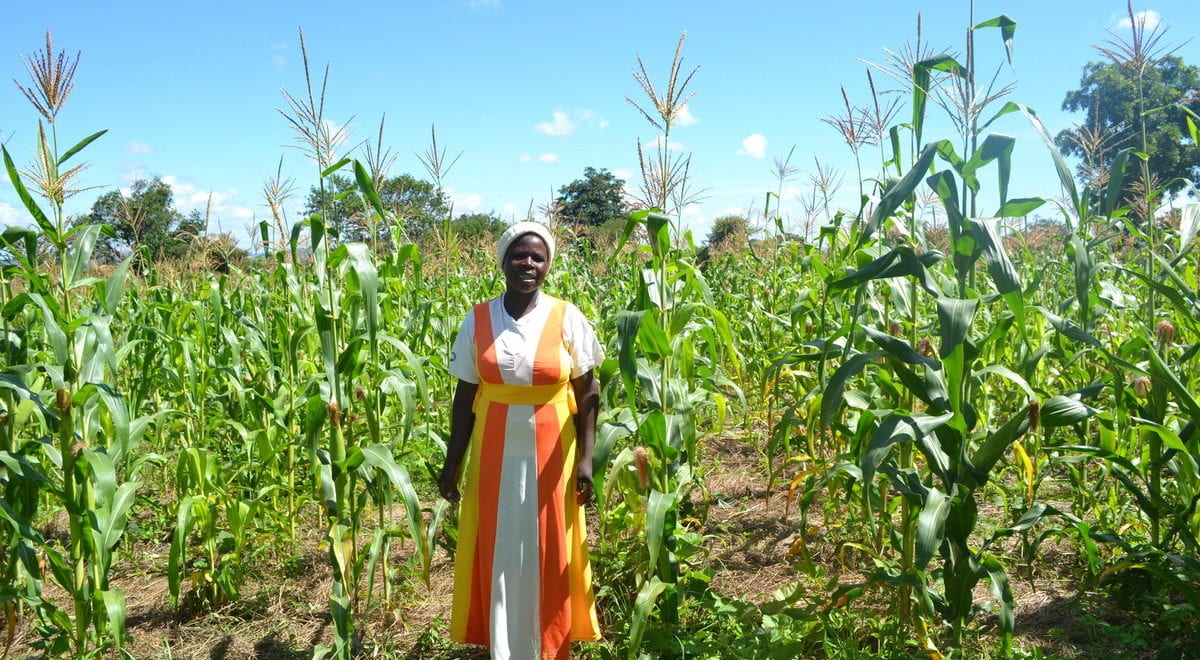Agriculture and the Right to Food
We have been talking a lot about the right to food, the basic human right that every person should be able to feed themselves with dignity. In developing countries, the main source of employment is agriculture for 50% – 90% of the population. Women alone make up 43% of the world’s agricultural workforce and up to 50% in sub-Saharan Africa.
According to the UN Special Rapporteur on the Right to Food, Hilal Elver, “The full enjoyment of human rights and labor rights for agricultural workers is a necessary precondition for the realization of the right to food.” Many working in agriculture can’t even afford to feed themselves and their families. Their wages are getting increasingly lower and they often deal with unsafe work environments. A complete overhaul of our food systems is essential.
Ethiopia Elects First Female President
Sahle-Work Zewde became the first female president elected by members of parliament in Ethiopia. This came after Prime Minister Abiy Ahmed, appointed 50% of women to his cabinet. President Sahle-Work has pledged to make gender equality a priority in Ethiopia.
Sahle-Work Zewde has had a distinguished career as an ambassador for Ethiopia in Djibouti and Senegal. She also was a former head of peace-building in the Central African Republic (CAR). The position she held before she became the president of Ethiopia was as a UN representative at the African Union.
South Africa Cuts Tax on Menstrual Products
South Africa is one of the latest countries to get rid of taxes on sanitary products. Starting in April 2019, the 15% tax will no longer have to be paid. In addition, free sanitary pads will be available in public schools. For some women, the added tax made it extremely difficult for them to buy these necessary products.
As many as 30% of girls miss school because they don’t have access to sanitary products. Activists, students, and female members of parliament have been putting pressure on the government, through protests and rallies, to make sanitary products affordable to all who need them.



